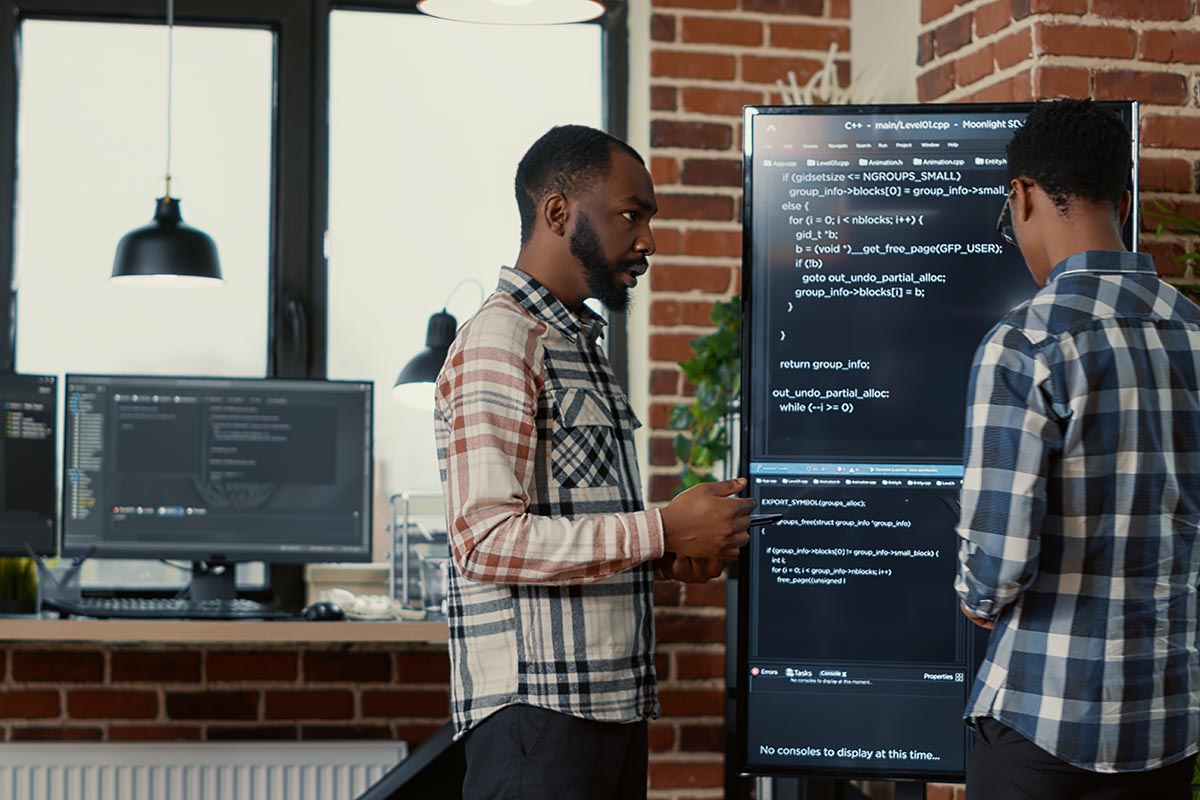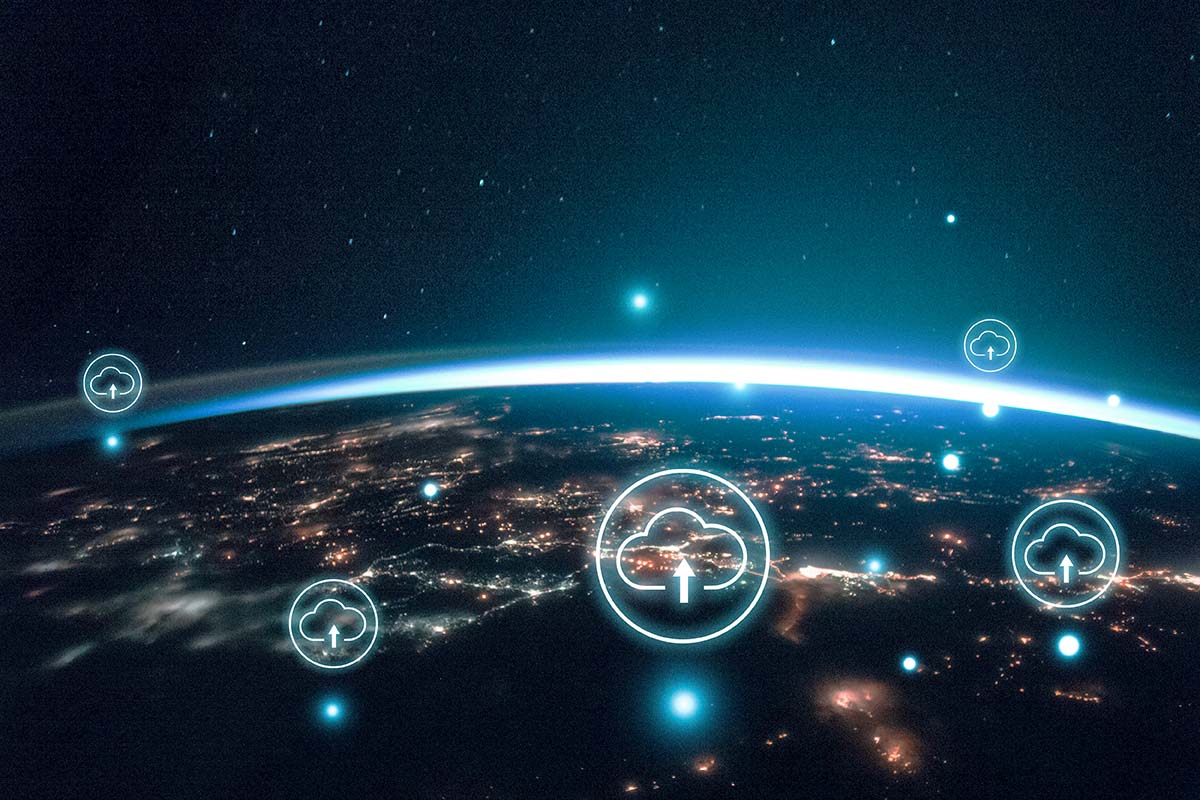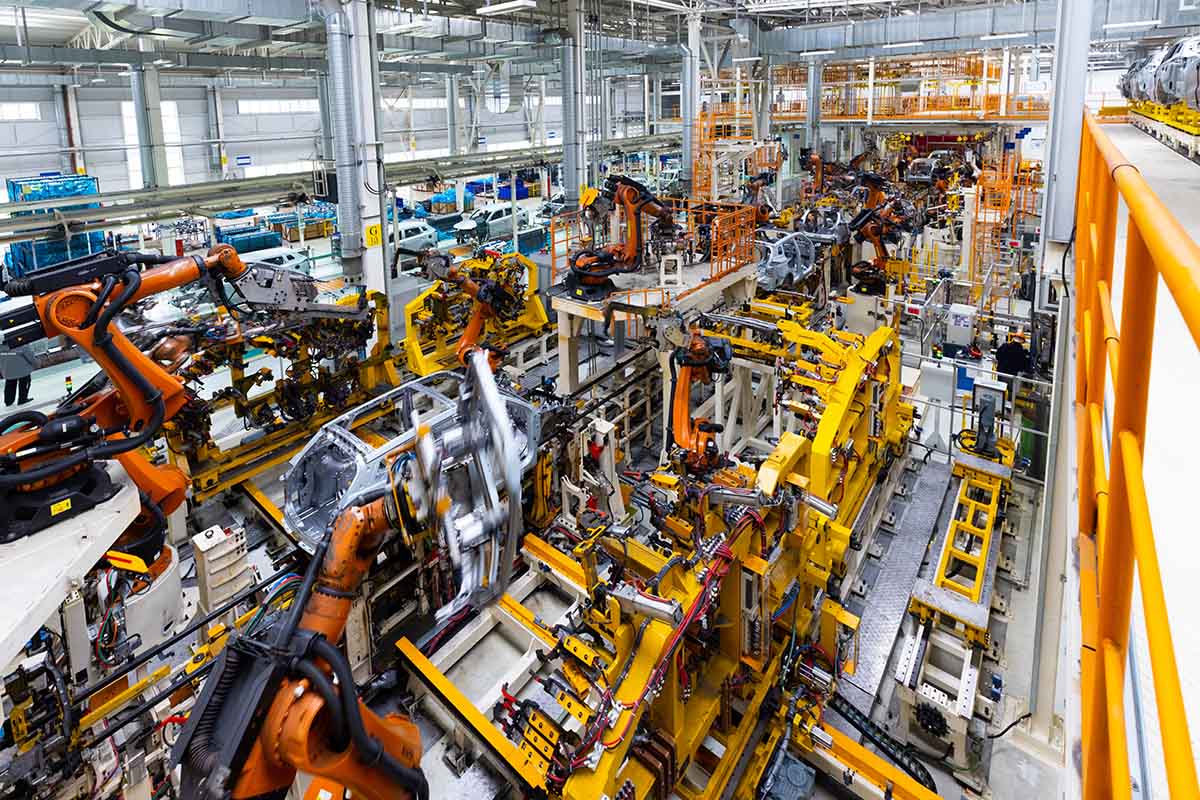Importance of Artificial Intelligence
Key Points
- AI’s Versatility and Impact: Artificial intelligence (AI) can automate tasks, improve efficiency, and make better decisions across various industries, including healthcare, education, and traffic management.
- Learning and Adaptability: AI systems, such as artificial neural networks, learn from experience and adapt to new data, which enhances their ability to perform complex tasks without explicit programming.
- Future Potential: AI’s integration into areas like the metaverse and enterprise operations is expected to drive significant advancements and economic benefits, highlighting the technology’s transformative potential.
Artificial intelligence (AI) is a technology that allows machines to perform tasks that would otherwise require human intelligence.
The field of AI research is divided into subfields, including deep learning, machine learning, and robotics.
Artificial neural networks are one type of AI that uses statistical techniques to process information as biological brains do.
Artificial intelligence aims to create intelligent agents—systems capable of perceiving their environment and taking actions that maximize their chances of success.
They can learn from experience and adapt to new situations or data without being programmed explicitly on how to do so.
It is related to the similar task of using computers to understand human intelligence, but AI does not have to confine itself to biologically observable methods.
Computers can be used as tools to aid humans in solving problems. In this way, AI can help make people’s lives easier.
IT Support Vermont offers extensive resources for local businesses looking to integrate AI into their workflows.
7 Ways How AI Will Change the World
AI in Enterprise
AI in the enterprise is an excellent example of how AI can automate processes, improve efficiency and productivity, make better decisions, and make them faster.
AI-powered predictive analytics are already used by many businesses to predict customer behavior and plan for future growth.
Today, artificial intelligence network monitoring is required in almost all organizations and enterprises that provide services related to data labeling, annotation, collection, robotics, drone mapping, agriculture, product design, finance, and homeland security.
With AI technology integrated into the core of their operations, enterprises can see significant financial benefits from increased sales volume resulting from better customer engagement.
While human employees can perform routine tasks quickly enough for most companies’ needs today, AI has the potential to automate even more complex processes than ever before possible.
AI in Healthcare
One of AI’s most important ways to change healthcare is by helping doctors make better decisions. AI can monitor trends in patient data and suggest treatments that may work better than others.
For example, suppose a patient has been treated for diabetes with insulin injections but isn’t getting the desired results.
In that case, the AI system could determine that another treatment would be more effective—perhaps an oral medication instead of an injection.
Another example is how AI systems are already being used to help doctors diagnose diseases faster than ever.
Using imaging software like CT scans or MRIs, these systems can detect abnormalities in bones or organs without alerting a human doctor every time something unusual pops up on screen—which ultimately leads to early detection, faster diagnoses, and better patient outcomes from serious illnesses such as cancer.
AI as Workforce
Today, AI is most readily identified in the workplace as a technology that can perform repetitive and mundane tasks. It is already being used to automate many administrative functions: HR, accounting and finance, legal support, and even customer service.
AI is also used to enhance physical safety in the transportation, construction, and aviation industries. Machines can be taught how to avoid obstacles or identify hazards more quickly than human workers hope to do independently.
AI in Education
AI can also be used to improve education through AI-powered tutors. Tutors benefit students who need extra help or struggle with a subject, such as math or science.
They can take on the role of a teacher and answer questions, provide feedback on assignments and projects, and develop personalized lesson plans based on each student’s unique needs.
Another way AI could change education is by analyzing data from students’ workbooks and tests.
AI can parse through this information, including writing samples, essays, and test scores, and determine what areas a student needs more practice in to improve their academic performance.
This could lead to recommendations for specific courses or resources to help them succeed in their current systems.
AI also has the potential to recommend particular books based on its analysis of your interests—or even certain teachers at your school based on its analysis of your preferences for teaching style!
AI in Automobile Industry
AI is used in the automobile industry to improve safety, fuel efficiency, vehicle performance, and driving experience.
AI is also being implemented in automobile maintenance and traffic management.
To achieve these goals, manufacturers are using AI technologies such as:
- deep learning for image recognition,
- reinforcement learning for trajectory planning (driving),
- natural language processing to interact with cars;
- probabilistic programming for uncertainty modeling;
- knowledge representation systems such as ontologies and conceptual graphs;
Machine learning algorithms like logistic regression support vector machines with personalized user models to train them at scale with millions of labeled examples from real users within weeks rather than years.
AI in Traffic Management
As the human population grows and roads become more congested, AI will be able to detect and predict traffic patterns. It is also possible that it could optimize traffic flow in real time.
The best example is Google Maps’ navigation feature: when you search for directions, it provides live updates on how long it will take you to get there based on current traffic conditions.
This innovation is made possible by machine learning algorithms trained to recognize patterns in historical data sets—the same way that Netflix can recommend movies based on what you’ve watched before and Amazon can recommend products based on your browsing history.
By incorporating ai-powered travel history analysis to recognize patterns in historical data sets, we can anticipate future events—such as when there might be an increase or decrease in demand for certain products after a holiday weekend—and make decisions accordingly.
AI in Met averse
The Met Averse will be where you can create, share, and interact with your virtual reality (VR) experiences. It will consist of different locations that you can visit and explore, such as a nightclub or an underwater city.
The metaverse will be powered by artificial intelligence (AI). In the future, it will drive machine learning-based systems throughout the met averse: from creating content for other users to providing automatic updates to ensure that everything runs smoothly.
As more people move their daily activities from physical reality into VR, we expect them to be accompanied by big increases in demand for cognitive computing power – both in terms of memory capacity and raw processing power – which could create significant opportunities for companies working on building out this piece of infrastructure at scale.





















